The energy consumed by ACs could one day fry the planet. At least this AC technology manages to use a lot less.
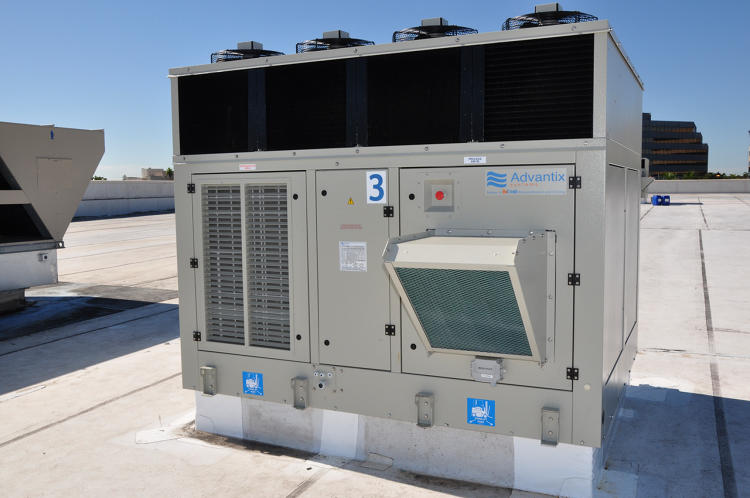
Air conditioning is hugely energy intensive and a big concern for the future of the world. If growing nations like China and India start cooling themselves like we do in America, it could have serious implications for power supplies and climate change.
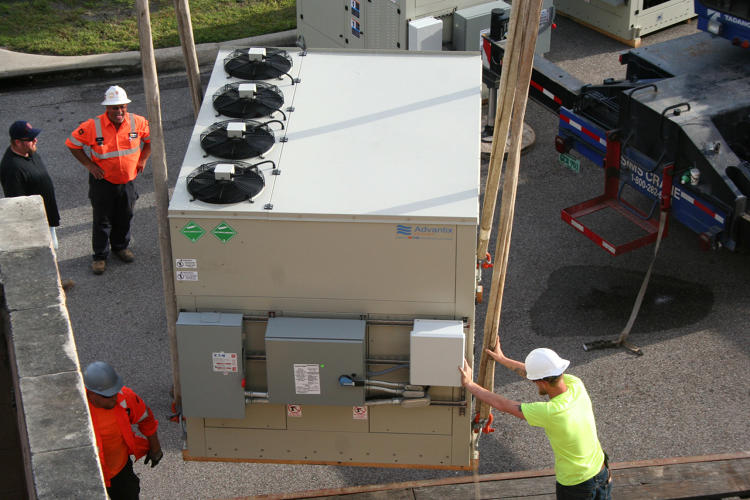
So, it's worth noting a technology that substantially reduces energy consumption, even if it's not particularly sexy. The Advantix AC uses 30% to 70% less power compared to a traditional system and, according to the Miami company behind it, it's no more expensive and requires less maintenance.
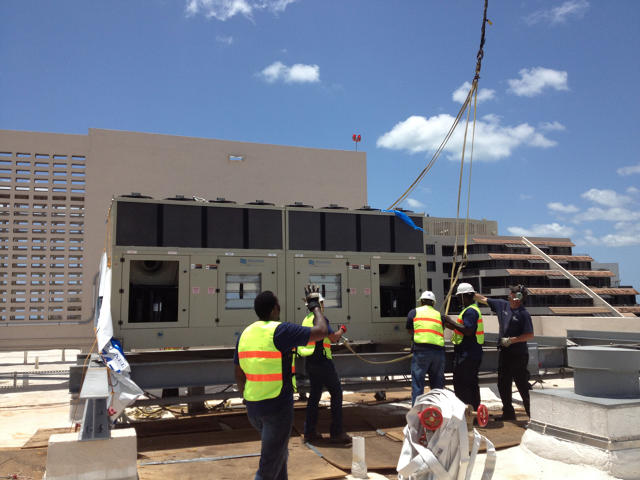
The main difference between a traditional AC and an Advantix is how it deals with humidity in the air. The traditional AC cools air to the dew point so that moisture condenses and trickles away (you've probably been hit with water falling from tall building in summertime). Sometimes that point is too cold for human comfort, so the units actually rewarm the air when it blows into the room. The Advantix is two processes in one. It cools the air like a standard AC, but then it absorbs the moisture using a saltwater solution.
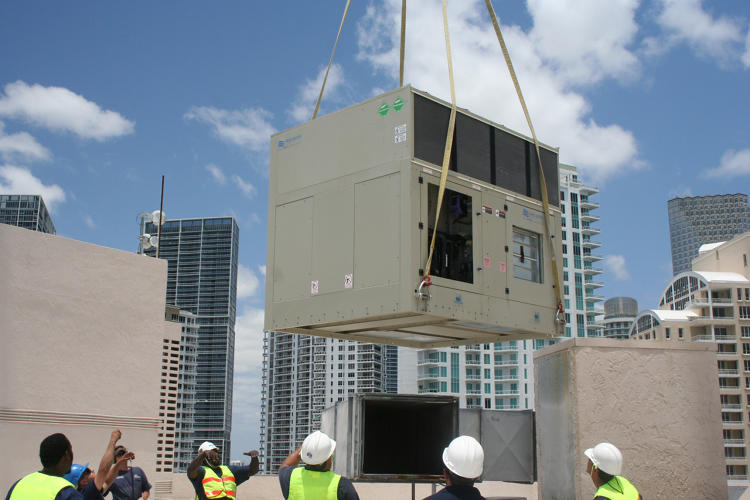
"We're able to deal with the humidity in a more energy efficient way because we integrate a saltwater technology together with a regular air conditioning system," says CEO Hannah Granade. "The second function is done with a saltwater loop."
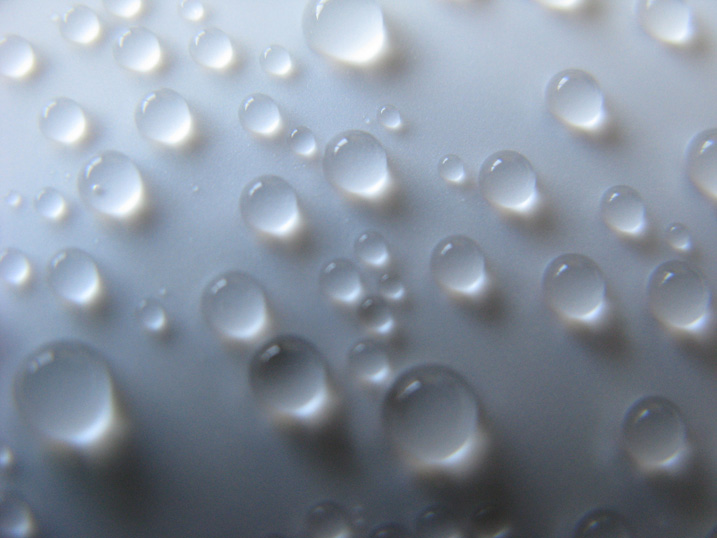
The clever thing is that the unit also reuses heat that would normally be expelled from the back an AC warming the air outside. It takes this and evaporates the water in the salt solution so it regains its absorptive capacity and can be reused. Moreover, the salt acts as a natural disinfectant, killing bacteria that normally builds up inside AC systems.

The units get the best results in warm, damp conditions, like fall in Seattle. They produce fewer savings in places like Las Vegas, where the air is hot and dry, Granade says. So far Advantix, which was originally founded by three Israeli brothers 30 years ago, has sold about 1,500 machines. It's also picked up a host of awards.

As we say, this stuff isn't glamorous, but it is consequential. Traditional AC systems could fry the planet.
Source
|